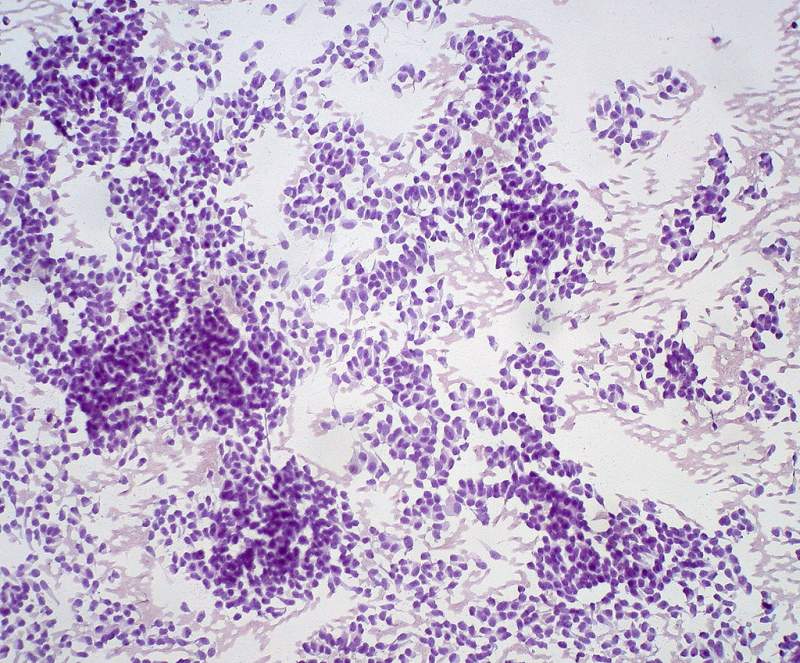
Daiichi Sankyo has collaborated with Merck and Pfizer for a Phase Ib clinical trial to investigate [fam-] trastuzumab deruxtecan (DS-8201) in combination with avelumab and / or a DNA damage response (DDR) inhibitor in patients with HER2 expressing or mutated solid tumours.
The three-part trial will feature a multicentre, open-label design.

Discover B2B Marketing That Performs
Combine business intelligence and editorial excellence to reach engaged professionals across 36 leading media platforms.
Daiichi Sankyo Oncology research and development antibody drug conjugate taskforce head and vice-president Tom Held said: “The collaboration is another milestone in our development strategy to maximise the potential of [fam-] trastuzumab deruxtecan for various HER2 expressing and mutated cancers in combination with immunotherapy and other agents with novel mechanisms of action.”
The first part of the Phase Ib trial, known as Part A, will comprise a dose-escalation and dose-expansion phase to assess the maximum tolerated dose, safety and efficacy of DS-8201 and avelumab combination.
The dose-escalation phase of the trial will include four cohorts of patients with HER2 expressing cancer refractory to standard treatment.
Part B will feature a dose-escalation and dose-expansion phase to examine the maximum tolerated dose, safety and efficacy of DS-8201 in combination with the DDR inhibitor.

US Tariffs are shifting - will you react or anticipate?
Don’t let policy changes catch you off guard. Stay proactive with real-time data and expert analysis.
By GlobalDataOnce the recommended expansion doses are achieved in Parts A and B, Part C of the trial will be designed to evaluate the combination of DS-8201, avelumab and the DDR inhibitor for the treatment of patients with HER2 expressing cancer.
The trial’s primary goals are maximum tolerated dose, recommended expansion dose and objective response rate.
Its secondary goals cover duration of response, disease control rate, progression-free survival, overall survival, time to response, as well as key safety endpoints.
Around 200 patients with HER2 expressing or mutated advanced / metastatic solid tumours are expected to be enrolled across the US, Europe and Asia as part of the trial.





